Introduction to PTFE Gaskets
PTFE (Polytetrafluoroethylene) gaskets are seals made from a synthetic fluoropolymer known for its excellent chemical resistance, non-stick properties, and high thermal stability. These gaskets are widely used across various industries where sealing and protection are required in extreme environments. PTFE gaskets are often the material of choice due to their reliability and performance in demanding applications.
Chemical Resistance
One of the primary uses of PTFE gaskets is in environments where chemical resistance is essential. PTFE is known for its exceptional resistance to acids, alkalis, solvents, and other corrosive chemicals. As a result, PTFE gaskets are widely used in industries such as chemical processing, pharmaceuticals, and food manufacturing, where equipment must be sealed to prevent leaks of hazardous or corrosive substances.
High-Temperature Applications
PTFE gaskets are also valued for their ability to withstand high temperatures. With a melting point around 327°C, PTFE gaskets can perform effectively in high-heat environments without degrading or losing their sealing ability. This makes them ideal for use in the automotive, aerospace, and power generation industries, where high-temperature conditions are common.
Electrical Insulation
Due to their excellent dielectric properties, PTFE gaskets are often used as electrical insulators in applications where preventing electrical conductivity is important. They are commonly found in electrical and electronic equipment, providing both insulation and sealing in sensitive devices.
Use in Food and Medical Industries
PTFE gaskets are non-toxic and can be used in the food and medical industries, ensuring sanitary conditions. Their non-reactive nature makes them suitable for use in food processing equipment, medical devices, and pharmaceutical systems.

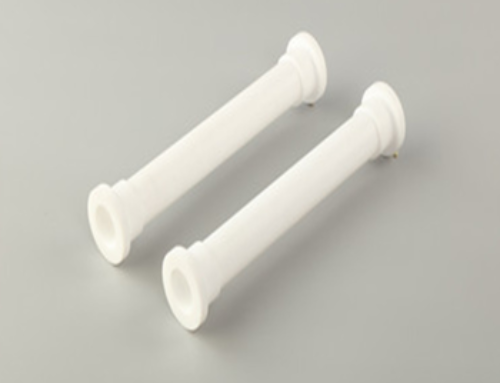
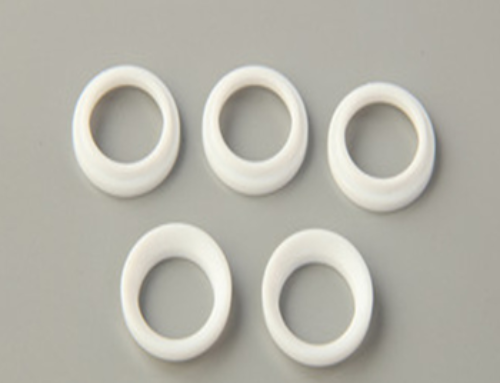
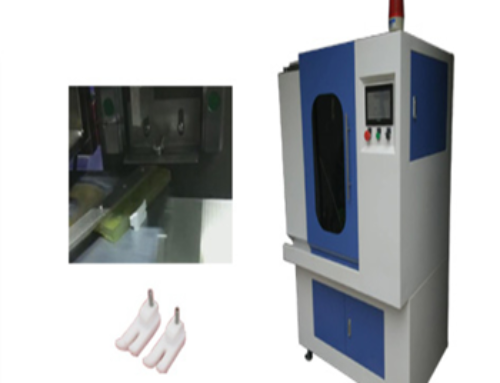
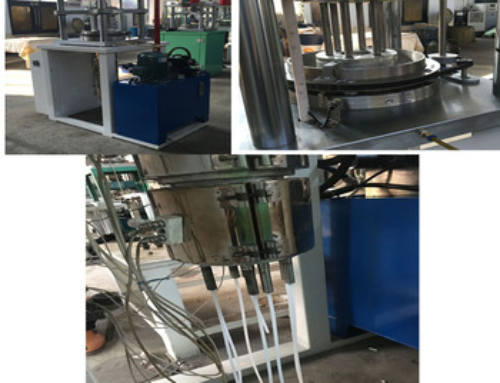
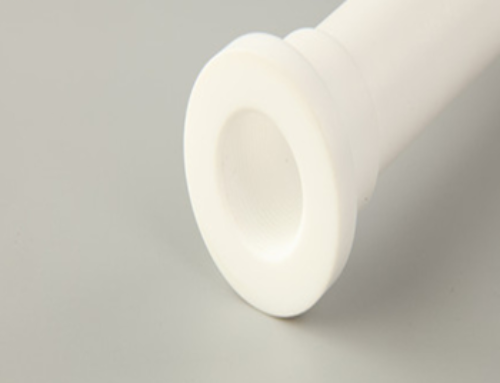

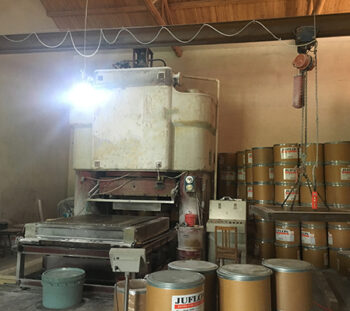
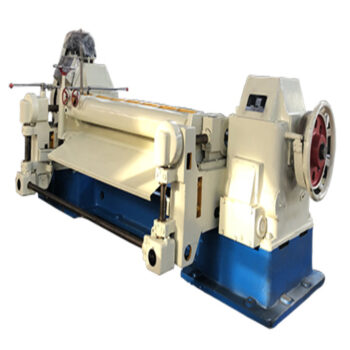
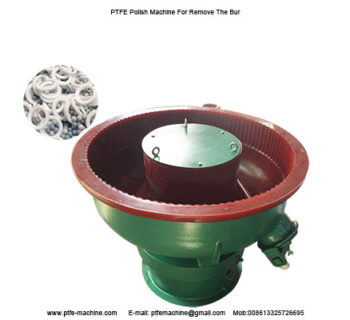
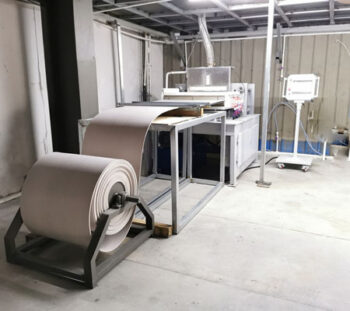


Leave A Comment
You must be logged in to post a comment.